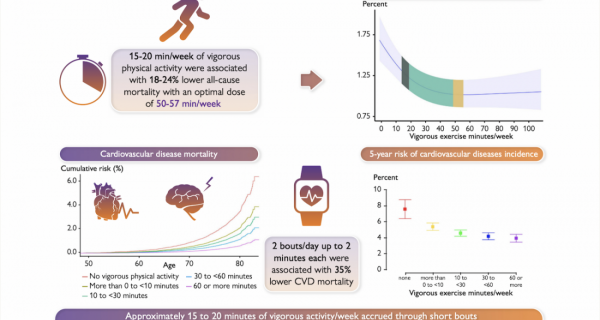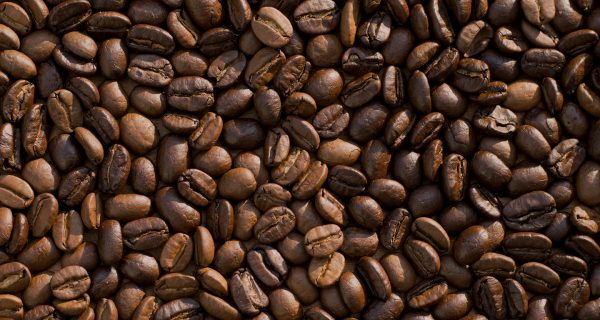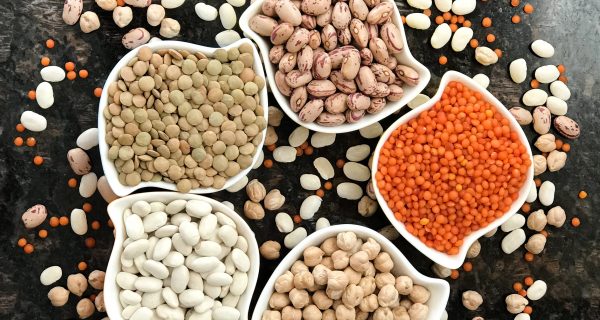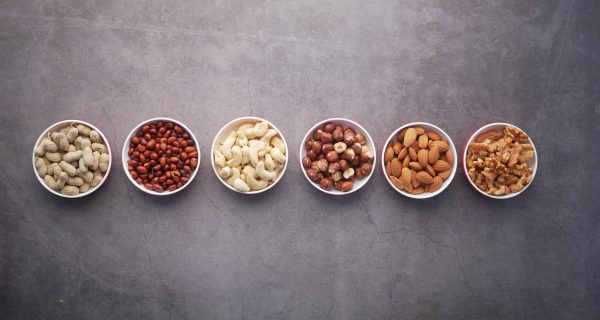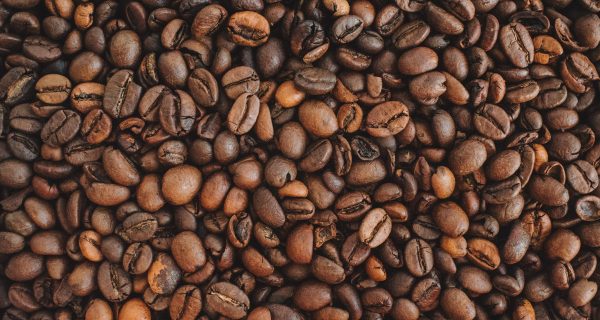In large UK study, higher free sugar intake was significantly associated with risks of cardiovascular disease (CVD), ischemic heart disease (IHD), and stroke
Recent studies suggest that carbohydrate quality may be a more important determinant of cardiovascular disease outcomes than carbohydrate quantity.

Cardiovascular disease – a general term that describes a disease of the heart or blood vessels – is one of the leading causes of death worldwide. Evidence suggests that total carbohydrate intakes are neither harmful nor beneficial to cardiovascular health. Nonetheless, more recent students have begun suggesting that carbohydrate quality may be a more important determinant of cardiovascular disease outcomes than carbohydrate quantity.
Carbohydrates, also known as carbs are sugar molecules. Along with proteins and fats, carbohydrates are one of the three main nutrients found in foods and drinks. Sugars may be further categorized as free sugars (added to foods by the manufacturer, cook, or consumer) or nonfree sugars (all sugars excluded from the definition for free sugars, mostly naturally occurring in fruit, vegetables, and dairy products, excluding honey and syrups).
The primary aim of this study was to investigate the link between different types and sources of carbohydrates with risks of total cardiovascular disease, ischemic heart disease, and total stroke, and to investigate the role of dietary substitutions in these associations.
Participant diet was measured using the Oxford WebQ questionnaire, an online 24-h dietary assessment. Intakes of 206 food items and 32 beverages were calculated from responses to each 24-h dietary assessment. Total carbohydrate intakes was calculated by multiplying the carbohydrate content of food items and beverages by the frequency of intake using the UK Nutrient Databank food composition tables. Types of carbohydrates calculated included total sugars, which were then split into free sugars and non-free sugars, and fiber. The different sources of carbohydrates were also calculated as follows: refined grain starch (starch content of white bread, white pasta, and rice, other cereals, pizza, samosas, pakoras, grain dishes with added fat, savory snacks, savory crackers, biscuits, cakes, pastries, and desserts), and wholegrain starch (starch content of brown seeded and wholemeal bread, wholemeal pasta and brown rice, bran cereal, biscuit cereal, oat cereal, and muesli).
To link participant diet to cardiovascular disease outcomes, information on the date and cause for hospital admission was coded from linkage to Health Episode Statistics for English participants, the Patient Episode Database for Welsh participants, and Scottish Morbidity Records for Scottish participants.
The results show that participants with the highest intakes of free sugar had higher total energy intake, waist circumference, and total triglyceride concentrations, and a higher proportion were men and current smokers.
As the authors show, higher free sugar intake was significantly positively associated with risks of incident total cardiovascular disease, ischemic heart disease, and total stroke, while higher fiber intake was inversely associated with total cardiovascular disease. Another interesting finding shows that the replacement of refined grain starch with wholegrain starch was associated with lower risks of total both cardiovascular disease and ischemic heart disease. Finally, the study also shows that the replacement of free sugars with non-free sugars was associated with lower risks of total cardiovascular disease and total stroke.


















